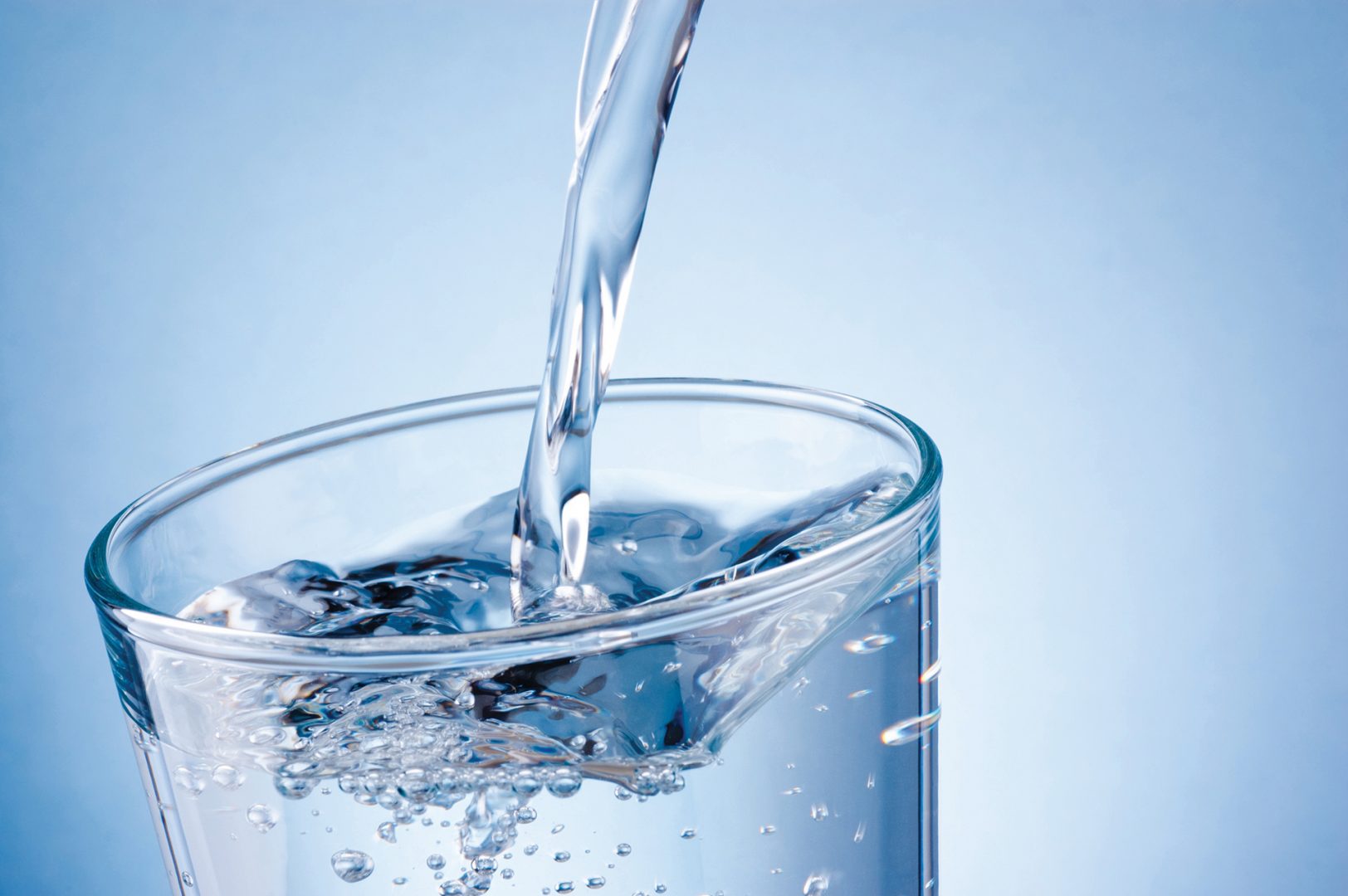In the XXI Century, in drinking water services, the need to define clear parameters regarding the use of water around the world appears. For the great differences between them, an efficient and responsible use is opposed to a predatory or disinterested use.
For a couple of decades, the use of drinking water has been at the center of the eyes of modern societies. It is discounted that, in the process of producing drinking water, every effort is made for an efficient and responsible product generation.
Puerto Vallarta has, to this day, a very good image in this regard, with awards and distinctions nationally and internationally. But in the attitudes of consumption, it is where the good or bad use appears or, responsible or disinterested, linked or to the physical, economic, social and cultural environments.
The idea and worldview that we have in front of the water, makes it a question of recognizing a transformation from the conception, way of life and vital environment, towards a social concept that, since the 70s, is related to sustainability.
The modes of relationship with the production and consumption of drinking water can be ordered in four basic points that point to our roots, life, the general interest and development. The first two related to ethnicity, tradition and health. The last two related to services and economic growth.
A culture of water consumption should use awareness to complement the above four points: tradition, health, services and growth.
The only way to generate awareness of the use of water that reaches our homes, companies and fields, is to generate a set of measures and knowledge that become the possibility of continuous dissemination of water use policies, with diversity in materials and means. The strengthening in areas of education, especially of children and young people, will give the security of reaching all users, including rural areas, family, business, shops, restaurants, educational institutions and hotels.
Saving, awareness of use, reuse, waste, ignorance and indifference should be the main themes.
For example, there use of urban wastewater could favour agriculture and reduce the pressure on natural resources. Today, most wastewater is discharged, into the sea or into the courses of rivers, without being used.
The consumption of drinking water for a house of a middle-class family, of 4 members, in a city like ours, exceeds 1000 liters per day.
Due to its geographical location and its seasonal rainfall, Puerto Vallarta is a place with great potential for rainwater harvesting, with the potential to collect, in a square meter of roof of each of its homes, hundreds of liters of rainwater per year; but for this, there are no clear policies.
A responsible use of drinking water would make Puerto Vallarta the true paradise that we all want to inhabit, with enough element for a dignified, healthy and enjoyable life. And what if we could count on brigades of guardians and a citizen observatory on the use of drinking water in the city?
This could be the first step to become a distinguished vallartenses and responsible user. With this we would stand out among all tourist places, for the preponderant role of caring for our environment and our natural resources.



